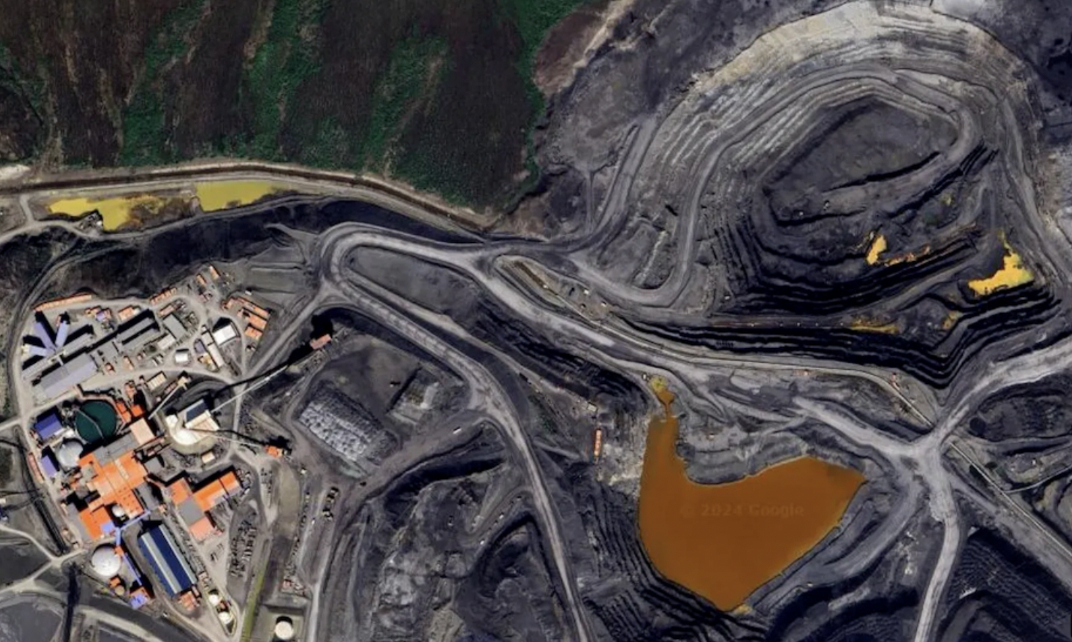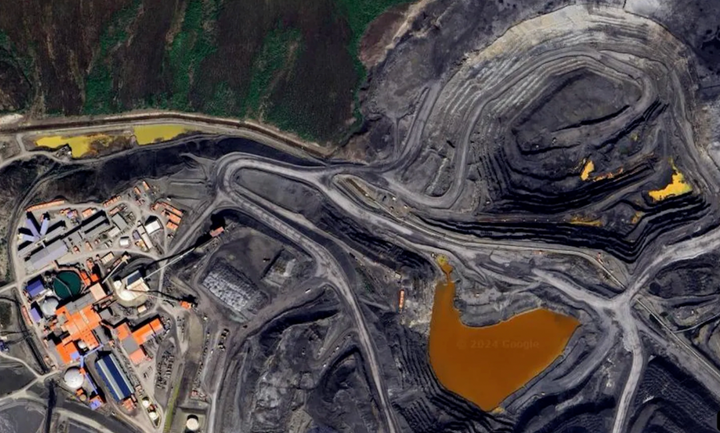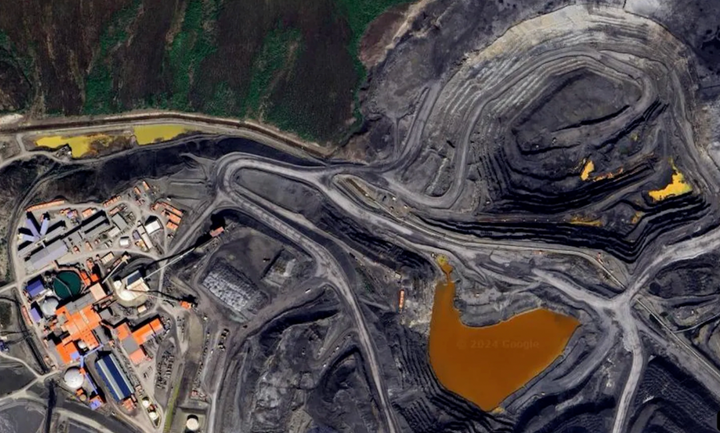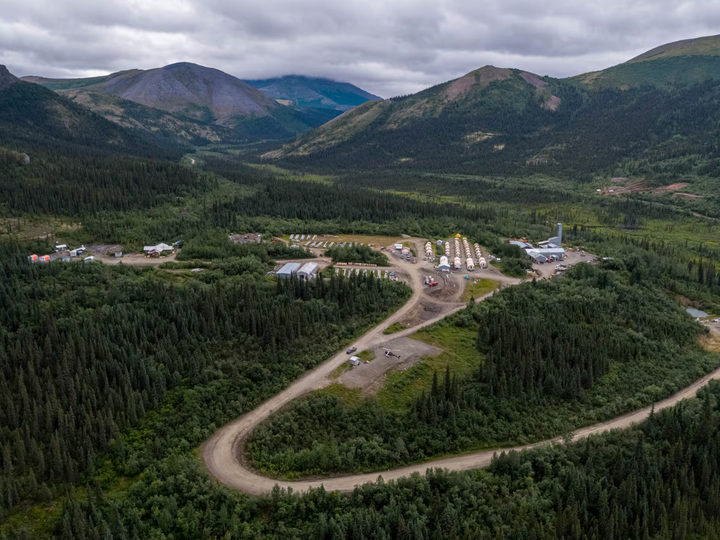A global megadeal would give one of Alaska's largest mines a new operator
Red Dog mine powers the Northwest Alaska economy, and its future is uncertain. But the planned merger appears unlikely to change much for the operation.

Northern Journal is a reader-funded publication; nearly all of our income comes from $100-a-year and $10-a-month contributions from voluntary members. Join if you can; if you're already a member, thank you.
The second largest mining deal in world history, announced this week, could hand one of Alaska’s largest mines — and a linchpin of the economy of Northwest Alaska — to a new operator.
Canada-based Teck Resources, which has long operated Northwest Alaska’s massive Red Dog zinc mine, and United Kingdom-based Anglo American said this week that they intend to merge into a $53 billion giant.
The new company, to be called Anglo Teck, would take control of Red Dog, a major driver of the regional economy and an important source of revenue for the Northwest Arctic Borough and Alaska Native corporations across the state.
It would mark a return to the state for Anglo American, which once owned half of the controversial Pebble Project — and spent more than a half-billion dollars on it over six years before pulling out in 2013.
The merger with Teck is still pending regulatory approval and could take more than a year to close.
Anglo Teck would be focused on copper, a key metal supporting the global transition to renewable energy, and it would operate dozens of mining projects around the world.
But in a call with analysts just after the deal was announced, Anglo American’s chief executive, Duncan Wanblad, singled out Red Dog, noting its potential “to continue its track record of strong cash flow generation.” The mine, operated on land owned by Northwest Alaska’s regional Native corporation, NANA, churns out more than 550,000 tons of zinc, lead and other minerals each year.
The mine generates some $600 million in annual gross profits for Teck — a share of which is distributed to NANA and then, as required by federal law, shared with other Native corporations across the state.
Industry observers say that the deal, if it goes through, is unlikely to significantly change the way Red Dog operates.
They also expect the new company to continue looking for new sources of ore to keep the mine running. Teck says Red Dog’s main deposit will be depleted in 2031, though it has been studying other prospects nearby.
"The impacts of the merger on Red Dog operations and exploration activities, I think, will be very minor for the foreseeable future," said David Hammond, a Denver-based mineral economist who has advised NANA on Red Dog-related matters in the past.
Hammond said he “fully anticipates the merged company will continue to fund exploration activities for the next generation of zinc production" in the region.
Industry leaders expect demand for zinc to grow in the coming years, and Red Dog is one of the world’s largest producers.
The effort to keep the mine running past 2031 has major implications for the Northwest Arctic Borough; Red Dog accounts for some 80% to 90% of the borough’s revenue. Borough officials, already anticipating revenue declines, have been considering cuts to government services.
Reached by phone Friday, the borough’s mayor, Dickie Moto, declined to comment, saying he first wanted to hear more from Teck about the proposed merger.
The company last year received a key permit for its work to find new sources of zinc ore for Red Dog. That work entails building 12 miles of roads and an underground portal that would help the company study two untapped mineral deposits on state land.
State regulators recently released Teck’s revised exploration plans, including a tentative construction schedule that suggests underground drilling at the new site will start in 2028.
“We remain focused on advancing the Red Dog Mine Life Extension to support the long-term economic and social benefits for Northwest Alaska,” Dale Steeves, a Teck spokesperson, said in an emailed statement.
NANA, the Native corporation that owns the Red Dog deposit, did not respond to a request for comment.



